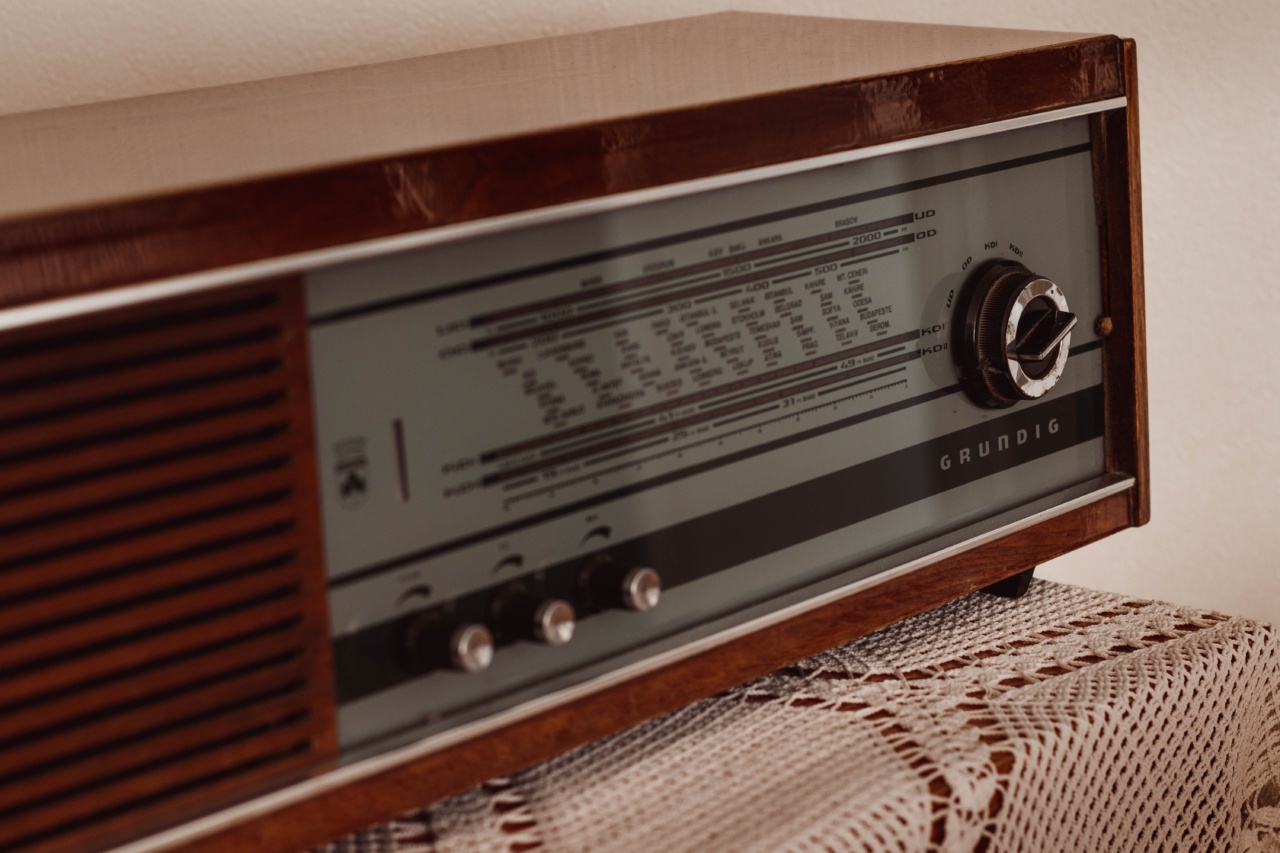If you suffer from migraines, you know how debilitating they can be. The throbbing pain, sensitivity to light and sound, and nausea can make it difficult to go about your day.
While there is no cure for migraines, there are simple remedies that can help reduce their frequency and intensity. In this article, we will explore some of these remedies and how they can provide relief.
1. Identify and Avoid Trigger Factors
Migraines can be triggered by various factors, including certain foods, stress, hormonal changes, and environmental factors. Keeping a migraine diary can help you identify your specific trigger factors.
Once identified, you can take steps to avoid or minimize exposure to them.
2. Establish a Regular Sleep Schedule
Erratic sleep patterns or lack of sleep can trigger migraines. Establishing a regular sleep schedule can help regulate your body’s internal clock and reduce the frequency of migraines.
Aim for a consistent bedtime and wake-up time, even on weekends.
3. Stay Hydrated
Dehydration can trigger migraines in some individuals. It is important to stay hydrated throughout the day by drinking plenty of water. Avoid excessive consumption of caffeine and alcohol, as they can dehydrate your body.
4. Manage Stress
Stress is a common trigger for migraines. It is important to find healthy ways to manage stress, such as practicing relaxation techniques, deep breathing exercises, yoga, or engaging in hobbies that you enjoy.
Regular exercise can also help reduce stress levels.
5. Limit Caffeine Intake
While a small amount of caffeine can provide relief for some migraine sufferers, excessive caffeine intake can trigger migraines. It is advisable to limit your caffeine consumption and be mindful of the sources of caffeine in your diet.
6. Maintain a Balanced Diet
Eating a well-balanced diet can help reduce migraines. Avoid skipping meals, as low blood sugar levels can trigger migraines. Incorporate fresh fruits and vegetables, lean proteins, and whole grains into your diet.
Limit your intake of processed foods and those high in sugar and artificial additives.
7. Practice Relaxation Techniques
Relaxation techniques, such as meditation, progressive muscle relaxation, and guided imagery, can help alleviate migraines. These techniques help reduce stress and promote a sense of calmness, which can ease migraine symptoms.
8. Consider Natural Supplements
Some natural supplements have been found to help reduce migraine frequency. These include magnesium, coenzyme Q10, riboflavin (vitamin B2), and feverfew.
However, it is important to consult with your healthcare provider before starting any new supplements.
9. Use Cold or Warm Compresses
Applying a cold or warm compress to your head or neck area can provide relief from migraines. Cold compresses numb the area and reduce inflammation, while warm compresses help relax tense muscles. Experiment with both to see which works best for you.
10. Seek Professional Help
If your migraines are severe and impacting your quality of life, it is important to seek professional help.
A healthcare provider specializing in migraines can recommend appropriate medications or therapies that can help reduce the frequency and intensity of your migraines.
While these simple remedies can be effective in reducing migraines, it is important to remember that every individual is unique. What works for one person may not work for another.
It may take some trial and error to find the best combination of remedies for your migraines. However, with consistency and patience, you can find relief and improve your overall well-being.































